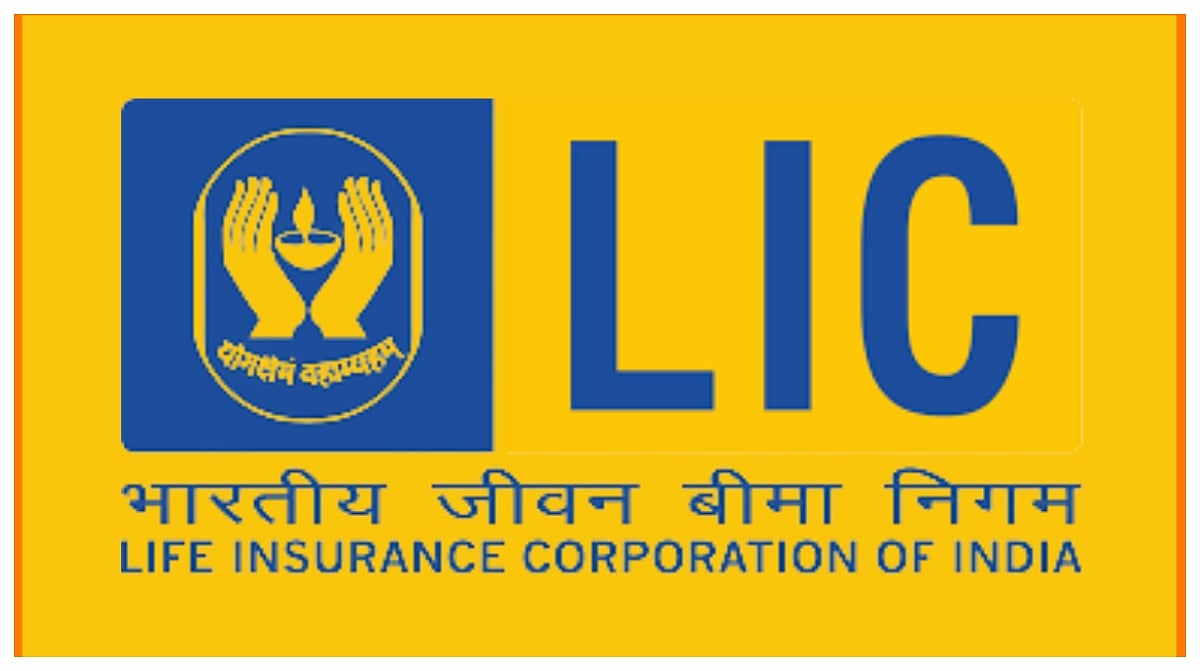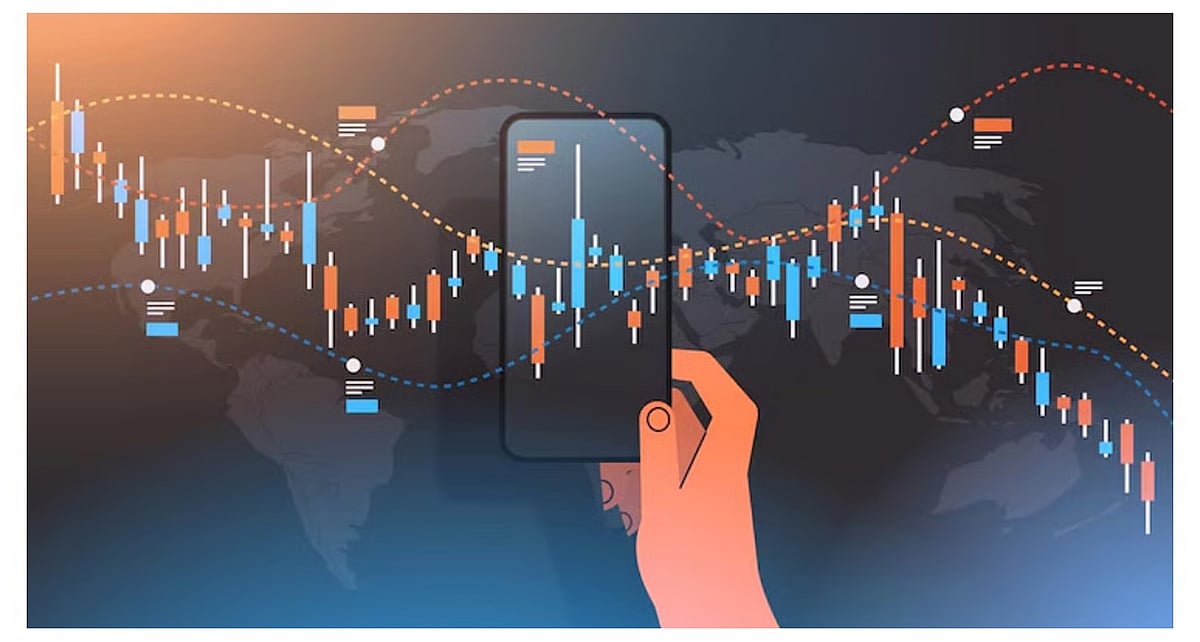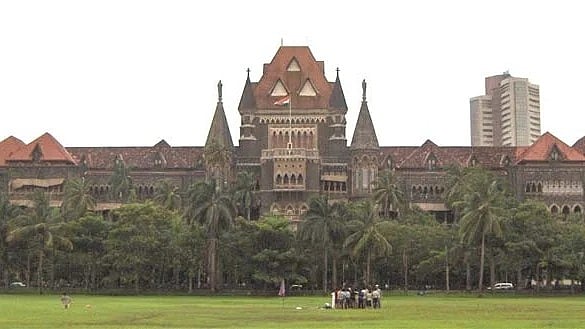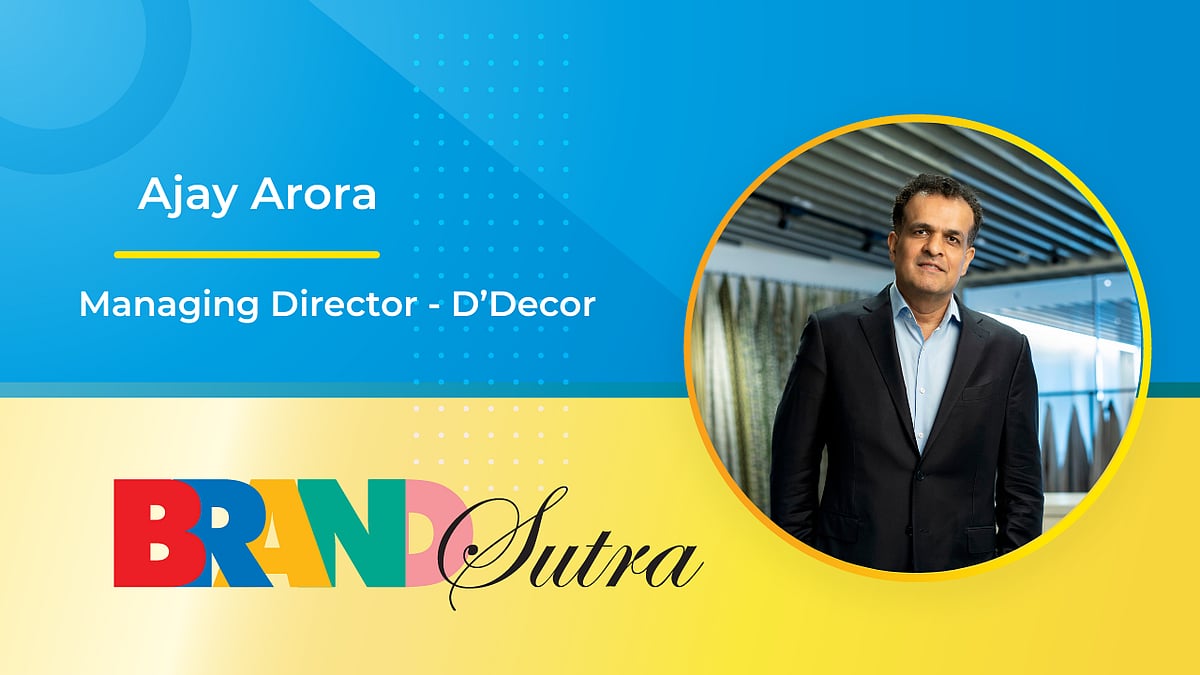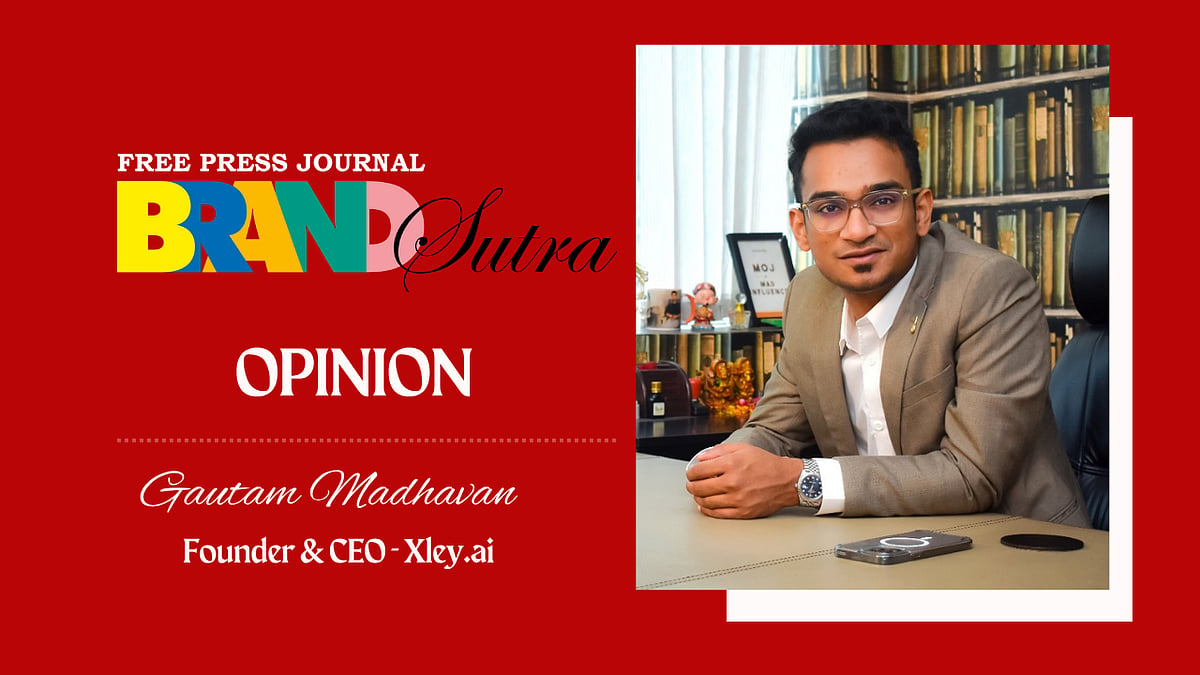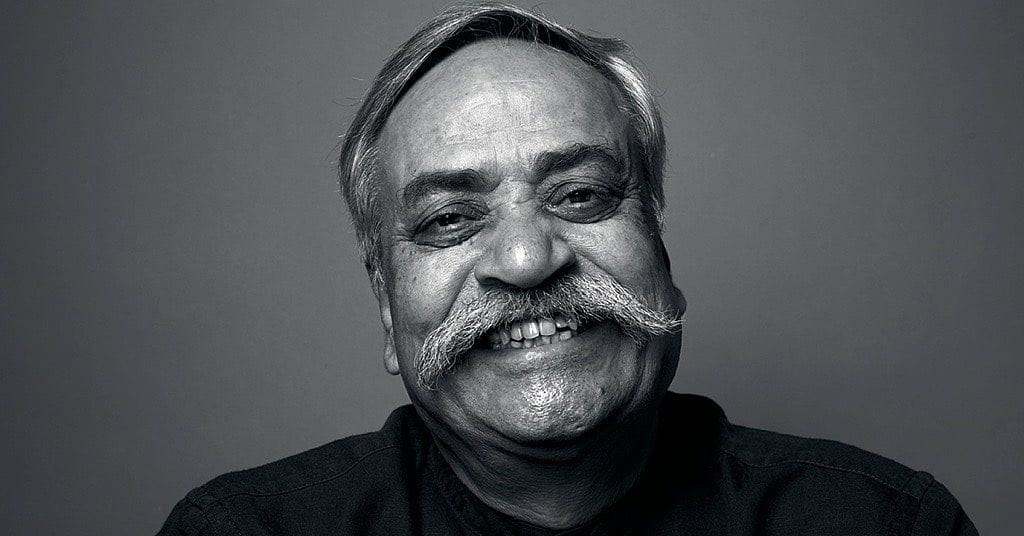At the World Economic Forum (WEF) summit at Davos held in May this year, after a pandemic-induced hiatus, one perceived a meeting point of the Indian story and the future of the Internet.
With the rising crypto adoption across the globe, there is an urgent need for global consensus on regulation. So, at Davos, it was great to see world leaders acknowledging the need for technology-neutral regulations that protect users and enable innovations.
Engaging with thought leaders at the forum highlighted a broader understanding that crypto can build a better and more open Internet, the Web3.
Davos also strengthened my resolve to make in India for the world. I have always believed that India has what it takes to take the lead in this technological shift caused by cryptocurrency. I saw the early signs of this dream coming true and how we can collaborate to write the next chapter of this Great India Story.

What does Web3 promise and why should India build on Web3?
Before I answer that, I want to take a step back. Consider the smartphone in our pockets. Today, we may be using 10-20 apps on our phones — social media, professional networks, video-sharing platforms, and more. We post, comment, and engage on these apps regularly.
With each of these engagements, we are building the app—unknowingly or knowingly. We as users provide these platforms with the network effect to make them successful. Yet, we remain just users. We don’t own our identity on the platform. We don’t own our data. And we cannot port our online experience to another platform. Clearly, there is an imbalance of power.
Enter Web3. By giving power back, a user is upgraded to a stakeholder. She owns her identity, her data, and her experience. A Web3 platform will be built on a decentralised network. For a platform, that means no user is captive. User satisfaction thus becomes a business imperative. The focus will be to build a community through shared experience.
Web3 can make India a global tech hub: Today, India has over 700 million Internet users. They form the largest user base for today’s Internet platforms. India also has a large talent pool of software developers, content creators, and innovators. We have built a robust start-up ecosystem that is recognised the world over and is backed by blue-chip investors. This places India in a sweet spot.
Web3 benefits Indian users, builders and start-ups, and businesses —India’s Internet users will have greater control over their data and digital identity; India’s content creators will get a fairer deal over content monetization; and, India’s start-ups and small businesses will find a better balance of power as the Internet infrastructure will be decentralized and not controlled by Big Tech.
But the transition to Web3 would need regulatory clarity: India has been at this juncture before and lost the chance to build Web2 giants. We shouldn’t miss the bus on Web3. In the early days of the Internet in the 1990s, India’s best engineers moved to the West as they offered better opportunities and freedom to experiment.
Today, these companies have grown to become the gate-keepers of the Internet — the Big Tech. India can avoid repeating the mistake by enabling start-ups and innovators. A regulatory clarity will incentivise India’s estimated 4 million-strong developer community to learn and explore Web3 projects.
Innovations have always come before regulations: You cannot second-guess innovation. But regulations have to follow and keep pace with innovation to protect users and enable legitimate businesses. Change is inevitable, and India needs to be ready. Enabling regulations will foster innovation while protecting users.
India is a digital-first country, with deep Internet adoption and a robust digital infrastructure. India has the potential to lead the technological shift unleashed by cryptos, and it is my belief that the Government recognizes this. Crypto is the gateway to Web3, and it is here to stay. Tomorrow’s Google and Amazon will be built on blockchain, and they will be made in India.
(The writer is Founder and CEO, CoinSwitch. He tweets at @ashish343)

